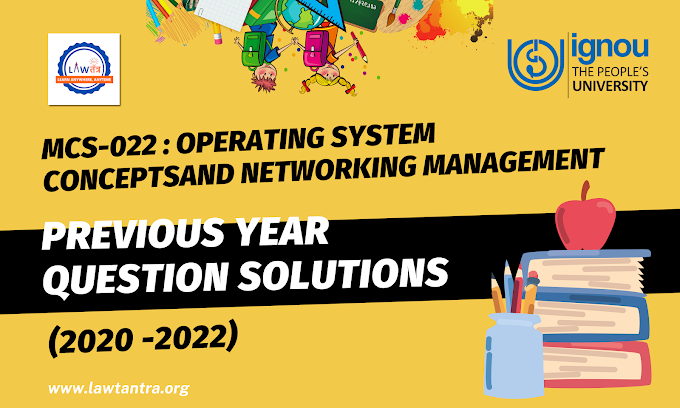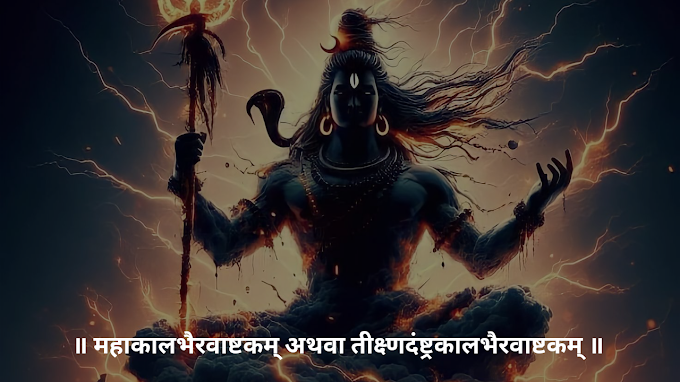The preamble basically gives the idea of the following things/objects:
- Source of the Constitution
- Nature of Indian State
- Statement of its objectives
- Date of its adoption
- We, the people of India: It signifies that power rests in the hands of people.
- Sovereign: The term Sovereign means that the independent authority of the State, not being subject to the control of any other State or external power. In the country, the legislature has the power to make laws that are subject to certain limitations.
- Socialist: The term socialist means the achievement of socialist ends through democratic means. It holds faith in a mixed economy where both private and public sectors co-exist side by side.
- It was added in the Preamble by 42nd Amendment, 1976.
- Secular: The term secular means that all the religions in India get equal respect, protection, and support from the state.
- It was incorporated in the Preamble by the 42nd Constitutional Amendment, 1976.
- Democratic: The term democratic means that the Constitution of India has an established form of Constitution that gets its authority from the will of the people expressed in an election.
- Republic: The term republic means indicates that the head of the state is elected by the people. In India, the President of India is the elected head of the state.
Objectives of the Indian Constitution
- The Constitution is the supreme law of the nation the main aim to maintain integrity & harmony throughout the nation and to promote unity among all the citizens to build a great nation.
- The main factors which help in achieving this objective are:
1) Justice: It is necessary to maintain order in society that is promised through various provisions of Fundamental Rights and Directive Principles of State Policy provided by the Constitution of India. It comprises three elements, which are social, economic, and political.
2) Social Justice: Social justice means that the create a society without any discrimination on any grounds like caste, creed, gender, religion, etc., and the distribution of wealth, opportunities, and privileges within a society equally.
3) Economic Justice: Economic Justice means a set of moral principles for building an economic institutions, the ultimate goal of which is to create an opportunity for each person to create a sufficient material foundation upon which to have a dignified, productive, and creative life beyond economics.
4) Political Justice: Political Justice means all the people of India have an equal, free, and fair right to participate in political opportunities without any discrimination.
5) Equality: Equality means no section of society will be given special privileges and all the people have been given equal opportunities for everything without any discrimination. Everyone is equal before the law.
6) Liberty: Liberty means freedom for the people to choose their way of life, have political views and behavior in society. Liberty does not mean freedom to do anything, a person can do anything but within the limit set by the law.
7) Fraternity: Fraternity means a feeling of brotherhood and an emotional attachment with the country and all the people. Fraternity helps to promote dignity and unity in the nation.
- The preamble is the part of the Constitution is discussed many times in the Supreme Court (Click To Read). It can be understood by these cases.
Amendment of the Preamble
42nd Amendment Act, 1976: After the judgment of the Kesavanand Bharati case, it was accepted that the preamble is part of the Constitution. The preamble can be amended under Article 368 of the Constitution, but the basic structure of the preamble can’t be amended. Yet, the preamble is only amended once through the 42nd Amendment Act, 1976.
The term ‘Socialist’, ‘Secular’, and ‘Integrity’ were added to the preamble through the 42nd Amendment Act, 1976.
‘Socialist’ and ‘Secular’ were added between ‘Sovereign’ and ‘Democratic’.
‘Unity of the Nation’ was changed to ‘Unity and Integrity of the Nation’.






0 Comments
Please do not enter any spam link in the comment box.